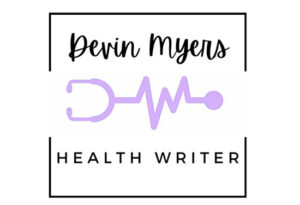A new JDRF International-funded study of a drug called verapamil is offering exciting new potential for a path to keeping beta cells healthier for longer in people with type 1 diabetes (T1D).When a person is diagnosed with T1D, they still have some remaining beta cells that continue to insulin for a few months – known as the “honeymoon” phase. The new trial looked at whether the effects of a hybrid closed loop system (also known as an artificial pancreas system or automated insulin delivery system) and/or verapamil preserved beta cell function – and extends the honeymoon phase – one year after diagnosis in children and teens with T1D.
Verapamil is a drug currently prescribed for conditions like angina or high blood pressure.
The study found that newly diagnosed individuals on verapamil were making more insulin one year after diagnosis than those on placebo, with the average C-peptide, which is used to measure insulin production by beta cells, being 30% higher for the verapamil group compared to placebo. HbA1c was 6.6% in the verapamil group versus 6.9% in the placebo group, at one year.
There was no change, however, in the hybrid closed loop system arm. But participants using the hybrid closed-loop system showed improved glucose control and management, which can reduce potential diabetes-related complications.
Verapamil would be a once-a-day oral therapy (pill taken by mouth) and is already being manufactured, making it a cost-effective solution as well.
What does this mean for people with T1D?
Verapamil is not an approved therapy for newly diagnosed people with T1D, and it still must undergo further study to validate these results, ensure safety and efficacy, as well as learn if there are any potential side effects for people with T1D. Additionally, further trials must determine the long-term effects of the drug, if the preserved beta cell function lasts, and for how long.
What comes next?
JDRF International has been funding the study of verapamil for over ten years. The next step is to ascertain longer-term evidence of verapamil’s effectiveness and share this data with the clinical community and other health care leaders.
In the immediate term, JDRF International has a grant for a follow-up study for three years to see if C-peptide benefits persist. They are also funding several clinical trials to validate the results of this study and see if verapamil is effective when used in conjunction with other disease-modifying therapies, such as the recently approved Tzield™ (teplizumab-mzwv).
JDRF Canada will continue to monitor the results of this work, and report on further updates as they become available.




